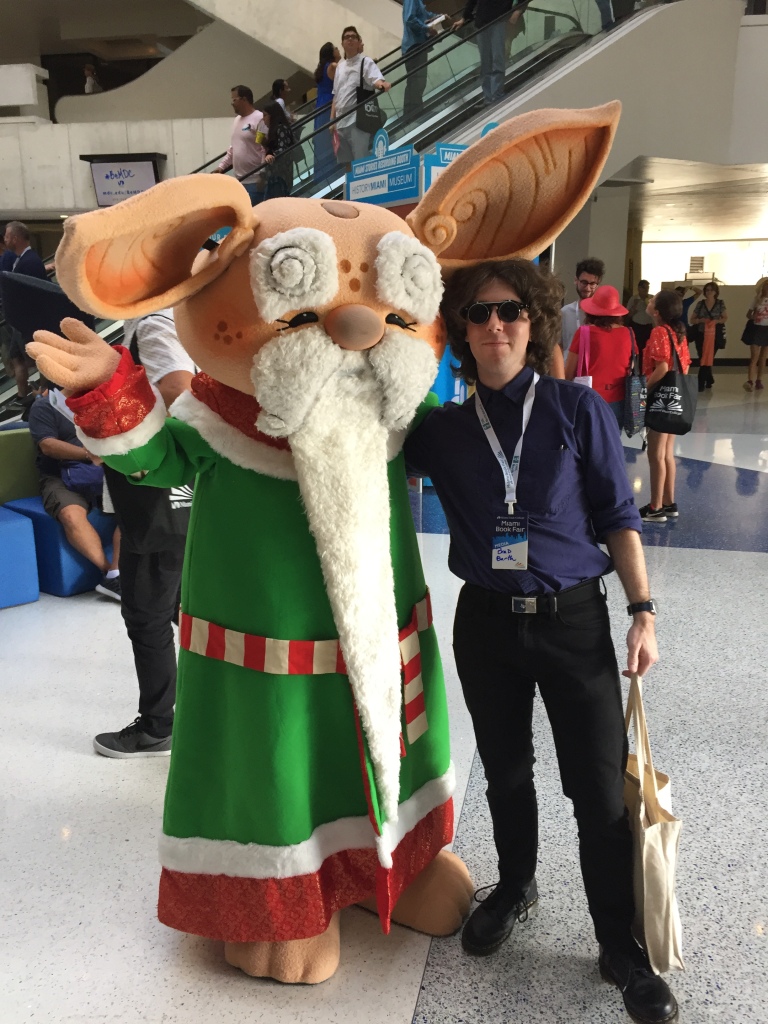The best autobiographies give us the history and context behind someone to help create a more complete picture of their world and what went into making them the person who’s writing the book in the first place. Grant Morrison, famed writer and purveyor of the strange and magical, was born long after the initial comics wave post-World War II and the subsequent Comics Code that clipped early stories’ wings. But we can see where both of these would influence both their relationship with comics as well as the trajectory of comics history as a whole in their book, Supergods.

Supergods is an autobiography by Morrison, but it’s also a parallel history of superhero comics, starting from the first issue of Action Comics to the book’s publication. In that time, we see the rises and falls of DC and Marvel from their golden age peaks, their silver age absurdities, their dark age experiments, and the wrong lessons learned from comics trying to be more “mature” in the 90s. But Morrison is our guide in all of this, so we’re not simply seeing the history of the business, but also what the stories and characters of the time represented to them as a young kid in Glasgow. Their perspective illuminates the thoughts and feelings of comics’ target audience at the time—from adolescent superhero stories tinged with silver age sci-fi to the more sophisticated works of the early Vertigo series to the universe expanding pop-comics at the turn of the century. It’s a journey of taste, history, and personal growth.
The parallel running history of comics with Morrison’s life also helps to highlight a key aspect of their career and the cult-status they’ve achieved in the medium. Morrison approaches their life in much the same way they would approach analyzing Bruce Wayne’s. Their eye isn’t trained on a chronological retelling as much as it wants to show circumstance and feeling that contributed to their work throughout their life—including all of the set-backs, heartbreak, hallucinations, and revelations. As a figure in comics, there’s no one whose approach to the work is quite as fascinating due to their experience with the psychedelic and how that impacted their writing. Reading of their experiences with fifth dimensional beings feels more real than witnessing something similar in the pages of Final Crisis.
Even if they never write another comic, there’s no doubt of the undying influence of Morrison on modern superhero comics. From the mid-80s onward, they were a staple of comic shop shelves and that’s only reinforced by the strength of their prose in Supergods. While the book itself is a decade old, it still breathes with the freshness and energy of any of Morrison’s comic work. It shows us not just their commitment to the history of superheroes in the medium, but their own ideas of what these stories can be in the right hands. They’re working to make the Supergods of the comics reality and we can only try to help.
Get excited. Get super.

Drew Barth (Episode 331, 485, & 510) resides in Winter Park, FL. He received his MFA from the University of Central Florida.


Leave a comment